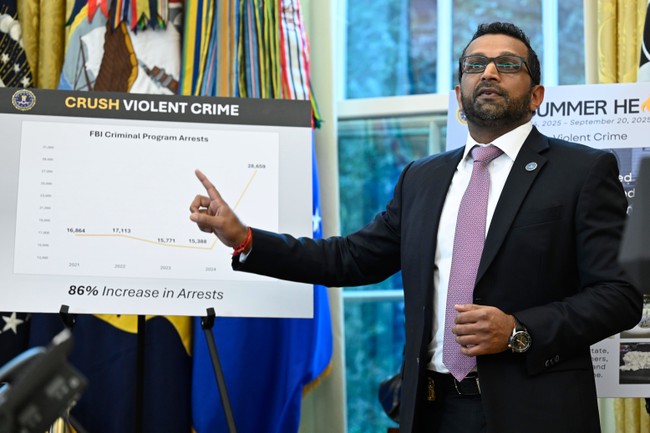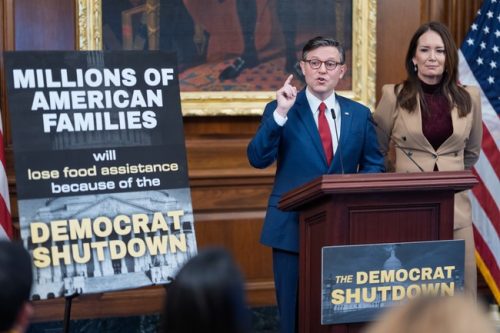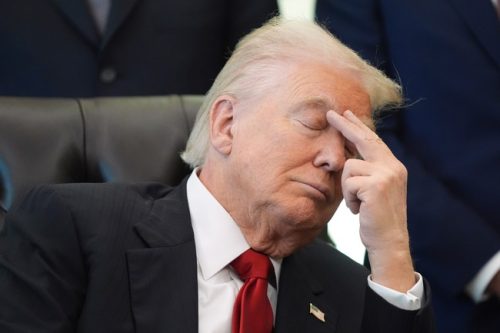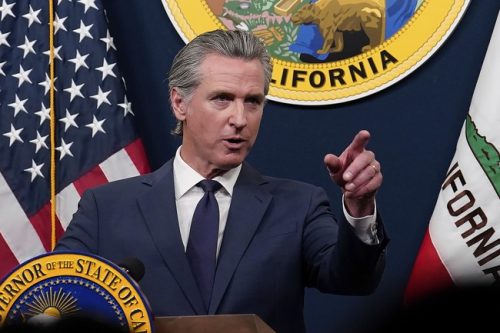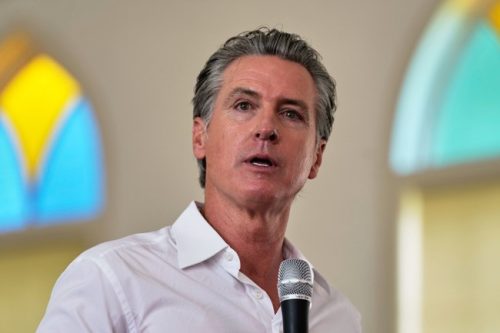FBI Director Kash Patel announced that China has agreed to stop producing fentanyl precursor chemicals, a move tied to high-level talks and tariff adjustments that the Trump administration says will choke off a major supply route used by Mexican cartels to make lethal fentanyl.
FBI Director Kash Patel told reporters the administration has “been fighting hard to seize and stop drug traffickers,” and that this fight requires targeting the raw ingredients that make fentanyl possible. He says the trip to Beijing was designed around that objective, pressing Chinese officials to cut off the pipeline that feeds cartel-run production labs. The announcement frames the measure as a concrete step to reduce the flow of precursors into Mexico and onward to the United States.
Patel explained that eliminating those chemicals would “suffocate the drug trafficking organization’s ability to manufacture fentanyl in places like Mexico.” He described direct meetings at Ministry of Public Security headquarters and said the Chinese side committed to a plan to stop the flow of precursors. That diplomatic engagement, he noted, happened at a level he described as unprecedented for his role.
“Thanks to President Trump’s direct engagement with Presdient Xi, the government of China committed fully to my engagement there on the ground in Beijing at a level never seen before,” Patel continued. “While at Ministry of Public Security headquarters, I met with my counterpart at MPS, where the Chinese government agreed on a plan to stop fentanyl precursors.” Those were Patel’s exact words, and they underscore how the administration links presidential diplomacy to on-the-ground law enforcement results.
The announcement comes with an economic tack: in return for Chinese cooperation, the administration agreed to reduce fentanyl-related tariffs on Chinese imports from 20 percent to 10 percent. Officials view that concession as a bargaining chip to secure a tangible reduction in precursor production, and the hope is that fewer raw chemicals will translate into fewer batches of illicit fentanyl made and trafficked across the border.
U.S. overdose statistics give a tough context for why this matters. Over 107,000 Americans died from drug overdoses in 2023, and roughly 70 percent of those deaths involved opioids like fentanyl. The opioid is responsible for nearly 200 deaths per day and has contributed to over a quarter of a million fatalities since 2021, a human toll officials compare to several times the casualties of past wars.
Investigations and enforcement actions have repeatedly traced key precursor chemicals back to manufacturing in China, where companies sell raw materials that ultimately reach Mexican trafficking networks. Those materials are converted into fentanyl in makeshift labs and then mixed into other street drugs, often without users knowing, which magnifies the overdose risk. Breaking that supply chain at the source is the administration’s stated priority.
If China follows through, the result would be a meaningful disruption of cartel supply lines and a major operational victory for U.S. law enforcement and border security efforts. Administration officials argue this should make it harder and costlier for cartels to produce fentanyl on a large scale, while giving U.S. agencies breathing room to pursue traffickers and choke off shipments.
🚨 NEW: Kash Patel announces that China has AGREED to work with the U.S. to stop the precursors used to make fentanyl:
"Effective immediately, essentially President Trump has shut off the pipeline that creates fentanyl, that kills tens of thousands of Americans." pic.twitter.com/2XshMxXANr
— Trump War Room (@TrumpWarRoom) November 12, 2025
The policy mixes diplomacy, enforcement, and economic leverage: pressing China to stop production, publicly tying the effort to presidential meetings, and adjusting tariffs to secure cooperation. That approach aims to combine pressure and incentives so the precursor flow is interrupted, rather than merely redirected. For families and communities battered by overdoses, officials say any reduction in the availability of fentanyl could save lives immediately.

